EMDR in PTSD: Effective but What?
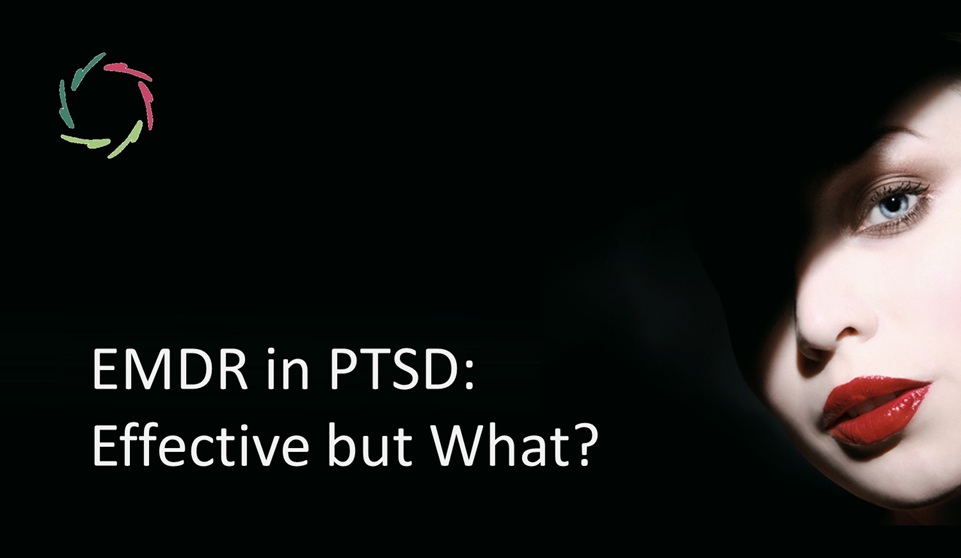
EMDR is widely recognized as a treatment for PTSD, but what makes it effective? Is it the method — or something else entirely? This blog explores the scientific evidence and what it tells us about the deeper nature of therapeutic change, especially in PTSD (post-traumatic stress disorder). Beyond the eye movements EMDR – short for Read the full article…
Coaching versus Therapy

If coaching is just ‘support’ and therapy is about ‘real healing,’ why does science tell a different story? The traditional divide Coaching is often seen as something light — useful, perhaps, for performance improvement, but not to be taken too seriously. Therapy, on the other hand, is viewed as the real deal: a structured, evidence-based Read the full article…

Lisa and Psychotherapy
Lisa does not provide psychotherapy. Instead, she supports personal growth through the radical use of deep empathy — say, Compassion. A wealth of research indicates that deep empathy – Compassion – is also what primarily ‘works’ in human psychotherapy. As an A.I., Lisa’s role is not to change people but to empower them to change Read the full article…

Mental Therapy or Support?
Thinking in terms of proper mental support may make therapy a second choice. This is more than just semantics; it represents a fundamental paradigm shift in all matters related to the mind. Support = prevention? As the folk wisdom goes, prevention is better than therapy. Yet, prevention often implies that something (disease, disorder, problem, issue) Read the full article…

What Goes on with CBT?
A high-level scientific article of 2023 again shows small to very small effects sizes of Cognitive Behavioral Therapy (CBT) on anxiety and depression when compared with a pharmacological or psychological placebo. [*] This blog contains a number of excerpts from that article. The article itself is openly available on https://rdcu.be/dNlpj. Also, you will find the Read the full article…

Lisa-CBT
Cognitive Behavior Therapy (CBT) has been around for several decades. Studies indicate positive outcomes of the happening in many cases, although the durability remains scientifically uncertain. Lisa, as a coach-bot, is compatible with CBT, and can make use of any method, although from a different angle. Openness is crucial in this context. Closedness, as always, Read the full article…

Single-Session Therapy
‘Single-session therapy’ (SST) is a therapy format that started in the U.S. at the beginning of the nineties. It can be related to any psychotherapeutic school or no school. The focus lies as much as possible on empowering the client. This accords with the Aurelian focus on inner Strength. Other Aurelian values (openness, depth, respect, Read the full article…
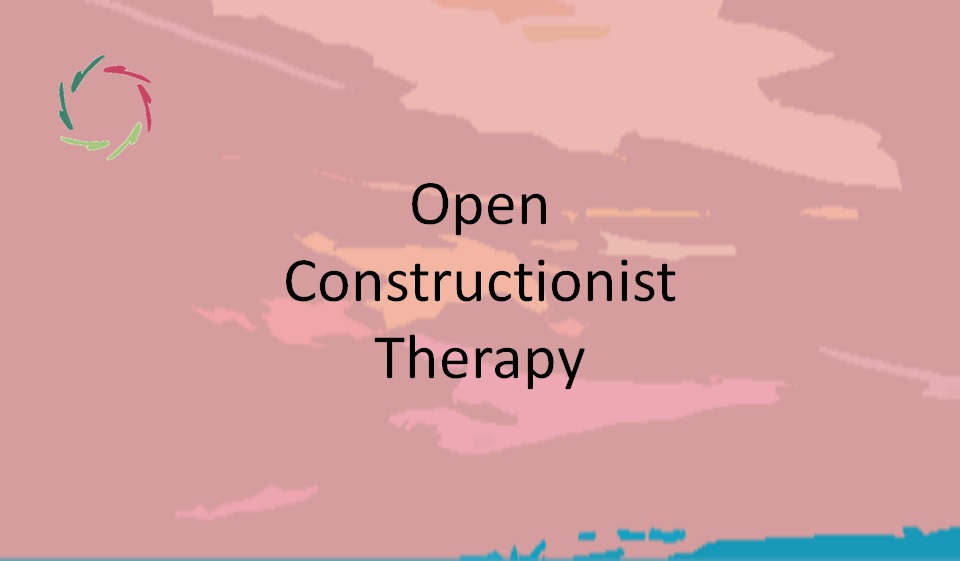
Open Constructionist Therapy
Open Constructionist Therapy (OCT, a new concept) is a scientifically valid way to combine constructed and fundamental ‘realities’ in psychotherapy/coaching (P/C). In ‘constructionist therapy,’ the therapist/coach is aware of the placebogenic nature (thus lacking inherent power and privileged knowledge) of the vastly different psychotherapeutic methodologies that he nevertheless uses in his practice. In OCT, he Read the full article…

Is ‘Constructing Reality’ a Valid Therapeutic Option?
It is as it sounds. ‘Constructed reality’ is of the order of an arbitrary – although frequently socially sanctioned – construct. But isn’t academically taught psychotherapy supposed to be based on science? Indeed, such is the social contract: Academia teaches science, which is to be brought congruently to society. Psychotherapy in ‘constructed reality’ Quite clearly Read the full article…

Zen in Therapy
Meditation and conceptual psychotherapy are fundamentally different. Yet, in therapy, there should be a crucial place for meditation. In this text: – Therapy and coaching – therapist and coach – are the same. – Zen is – literally – meditation. Zen and pure meditation are the same. The meditative mindset of the therapist This is Read the full article…

Psychotherapy or Mental Growth?
This is: curing a mental illness or fostering Inner Strength? What should a person with a mentally related issue strive for? Concerning mental and psycho-somatic issues Psychotherapy carries the connotation of being pointed toward strictly mental problems. Contrary to this, although seemingly hazier, mental growth has broader applicability. Many practitioners of somatic medicine wouldn’t like Read the full article…

Growth versus Repair in Therapy
The confusion between growth and repair is rampant in therapy of all sorts. Generally, there is too much emphasis on repair. Medicine fundamentally wants to repair In the wake of the physical model, this is logical. For instance, if your car breaks down, please don’t wait until it grows towards a solution. Likewise, if you Read the full article…

Psychotherapy towards What?
The question is generally not being asked. The result is that we generally don’t know much about the importance of the answer. Please also read [see: “Is Short-Term Enough in Therapy?“] Psychotherapy generally takes the mend-that-what-is-broken model This has been taken from medicine, which took it from physics. In healthcare, this is the disease model. Read the full article…

Psychotherapy’s Doors
… should be opened. The contention that psychotherapy plays its role only at the level of conscious processing is holding humanity back manifold. Cleansing the doors? “If the doors of perception were cleansed every thing would appear to man as it is, Infinite. For man has closed himself up, till he sees all things thro’ Read the full article…

What vs. How in Psychotherapies
Crucial is where change comes from: the outside or the inside. I see in the latter the Compassion-factor. Compassion For a quick entry into the concept of Compassion as I use it, [see: “Compassion, basically“] Compassionate healing comes from the inside out. This ‘inside’ doesn’t just mean ‘inside the mind.’ It goes deeper within the Read the full article…

Psychotherapy and Placebo
To the degree that psychotherapy amounts to placebo, we may need to rethink it. Placebo >< depth The concept ‘placebo’ is used here in the sense of deception. [see: “Placebo Without Deception?”] It’s crucial to make a full distinction with the concept of empathy. [see: “Landscape of Empathy”] I clarified the difference in [see: “Empathy Read the full article…

What is Success in Therapy?
This is as simple and as complex as the primary choice about the goal of therapy. In this text, I try to describe the problem domain. For now, let’s take psychotherapy and coaching as synonyms at a higher level. We are talking about the broad domain of healthcare now, including psycho-somatics. Most straightforward answer: If Read the full article…
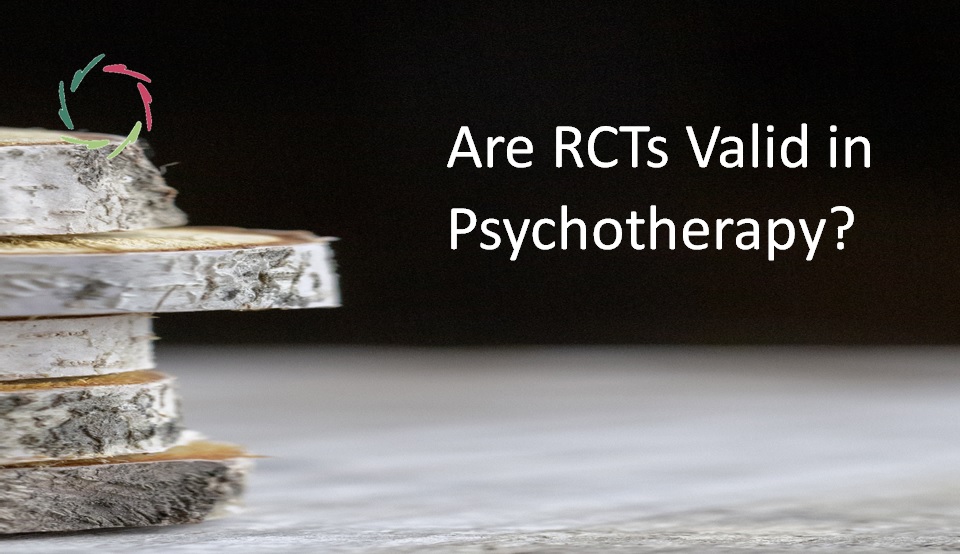
Are RCTs valid in Psychotherapy?
Randomized Controlled Trials (RCTs) are a lab-based study design in which one tries to minimize confounding factors by comparing groups that are as similar as possible except for the property or properties under study. Getting physical These trials are meant to be as close as possible to studies in the field of physics. In these, Read the full article…

Triangle of Therapy
This is a conceptual landscape of psychotherapy/coaching. The three corners are A) Instrumental methodologies, B) Good-friend-therapy, and C) Open coaching. Conceptual landscape This has an abstract intention, being about concepts. The three corners are extremes of three continua (the triangle’s lines). Individuals and individual opinions can be present at any point (or subarea) within this Read the full article…

Is Psychotherapy Dangerous?
This question needs to be taken seriously, the more since surprisingly few do so, and since the entire domain is in turmoil as to how – and if – positive effects are brought about by specific methods. [see: “Psychotherapy vs. Psychotherapies”] Doing good is not easy. It requires intention, perseverance, and insight. [see:”‘Doing Good’: Not Read the full article…
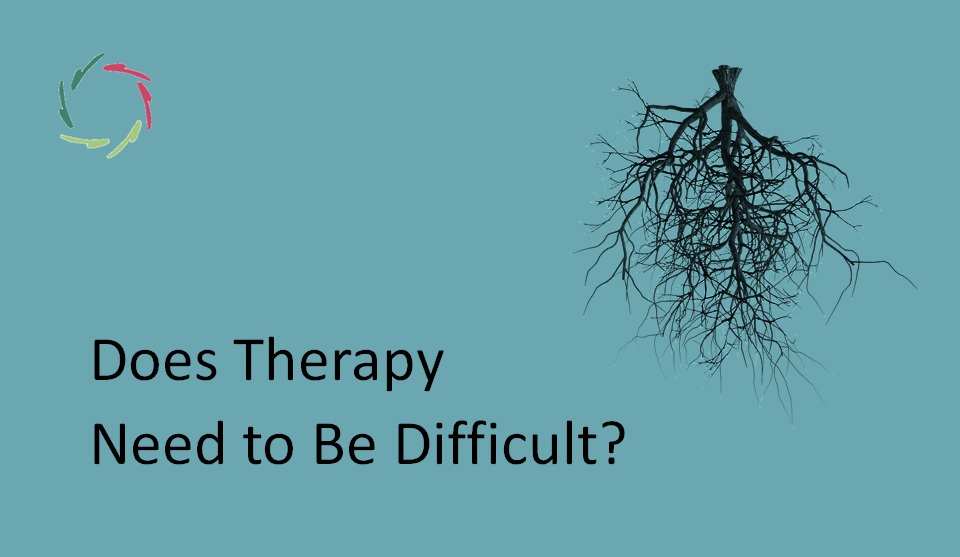
Does Therapy Need to Be Difficult?
It needs to be profound, one way or another. Please read first: [see: ” Is Change Difficult?“] So, does therapy need to be difficult? Should it be difficult? Note that this is another question than the one about its being or not being so. Even if it can be easy, should it be difficult ― Read the full article…

WHY Psychotherapies Don’t Work
Performing psychotherapy works. In the performance, there are at least two people at work. The psychotherapies – being performed – don’t work. Why? About psychotherapies To take out some confusion: ‘Psychotherapies’ in this text denote psychotherapeutic methodologies as instrumentally used by the knowledgeable psychotherapist to change the client. Their ineffectiveness has been scientifically proven. [see: Read the full article…
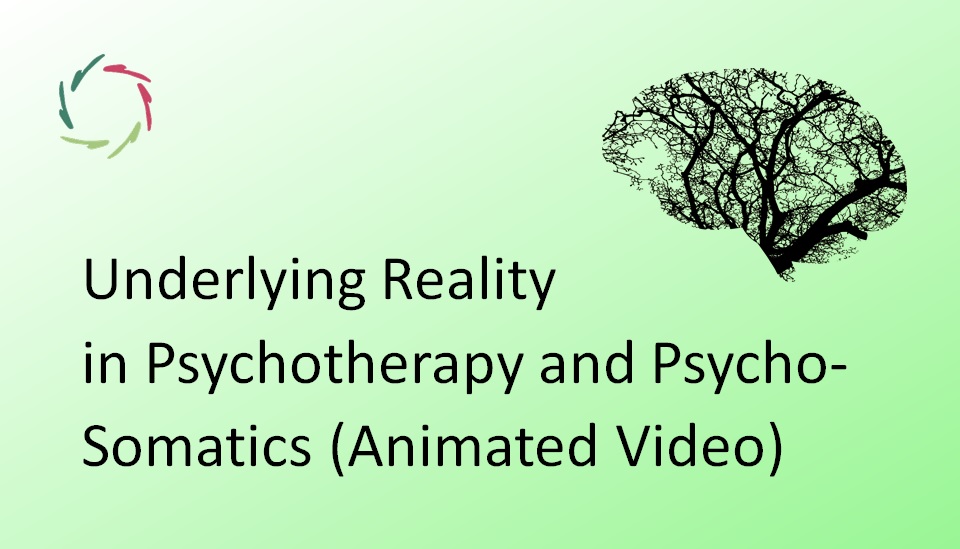
Underlying Reality in Psychotherapy and Psycho-Somatics
In this animated video, you get an introduction to what underlies psychotherapy and psycho-somatics. [Psychotherapy video – 12:10′] You might want to read first: [see: “Psychotherapy vs. Psychotherapies”] If you want to cooperate, please contact us. If you have feedback, please let us know. Here is the full written text. Hi, my name is Jean-Luc Read the full article…

Is Short-Term Enough in Therapy?
This issue is relevant to any therapy. In my view, it is most pertinent to psychotherapy. A clear and present tension In psychotherapy, we may expect the quality being largely related to effect-longevity. To many people – as to me – a temporary feel-good is not what is expected from psychotherapy. Contrast this with pharmacotherapy. Read the full article…
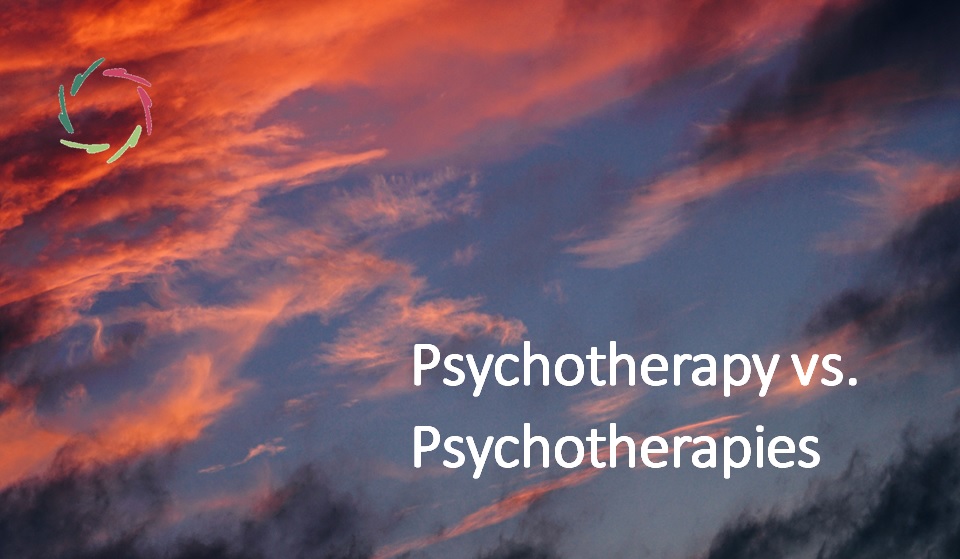
Psychotherapy vs. Psychotherapies
Psychotherapy definitely works! Or is it the psychotherapist? Or the client? Then what about any theoretical model of psychotherapy? Still, psychotherapy definitely works. A good book, probably the best in this matter, is ‘The Great Psychotherapy Debate: The Evidence for What Makes Psychotherapy Work (Counseling and Psychotherapy)’ by Bruce E. Wampold and Zac E. Imel Read the full article…

Can Lisa Unify Psychotherapy?
Bold question. Please don’t take it too seriously (for the time being). Lisa might help in unifying the domain of psycho-therapy through bringing a detached perspective in combination with an in-depth view upon mental change based on insights from neurocognitive science. Even so, this is only the beginning and the end. What comes between is Read the full article…

Psychotherapists in AURELIS setting
Looking into my crystal ball, I see many changes coming gradually from the future towards psychotherapy and psychotherapists. One thing is for sure: It will be exciting. See also Aurelis Coaching Institute. I write this text from an AURELIS/Lisa standpoint. My crystal ball is nice to me. It shows me the future in these terms, Read the full article…
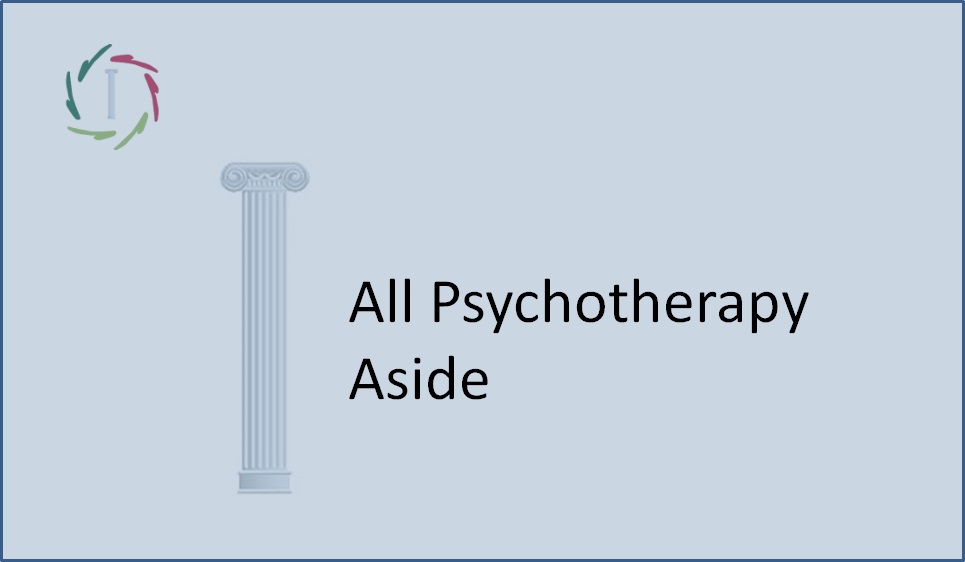
16. All Psychotherapy Aside
By far the most important active factor is invisible. Dodo verdict The dodo (synonym: loathe bird) is an extinct species of bird, used by Lewis Carroll in ‘Alice in Wonderland’. Somewhere in this story a contest is held for all animals, but oddly enough, everyone may start and stop running at any time. The dodo Read the full article…